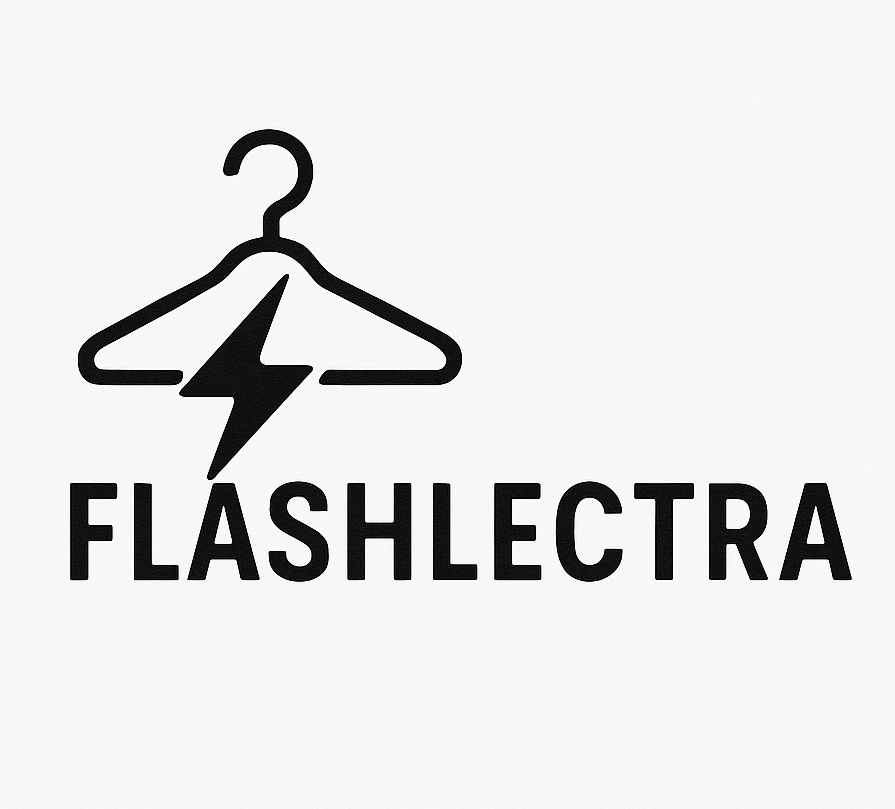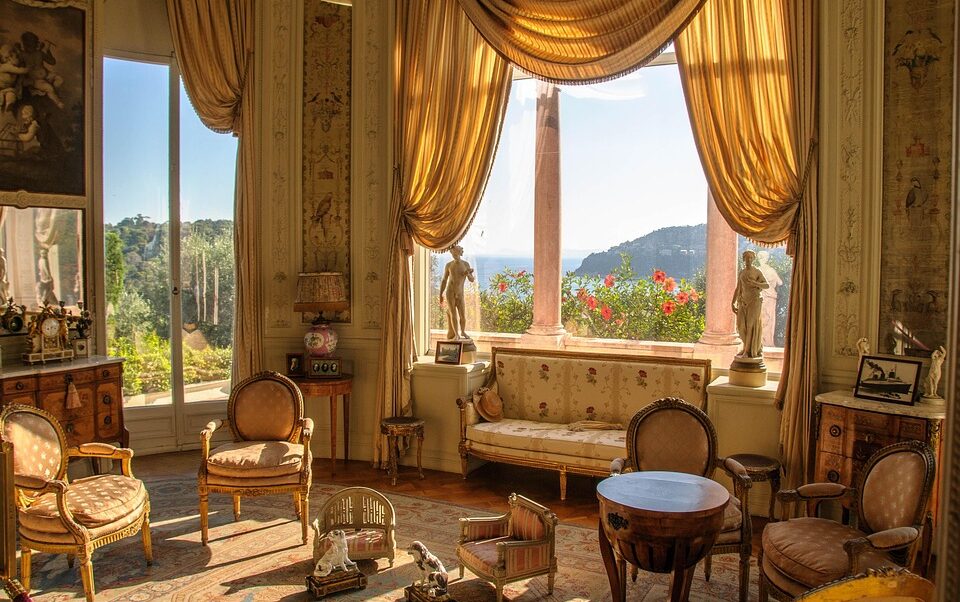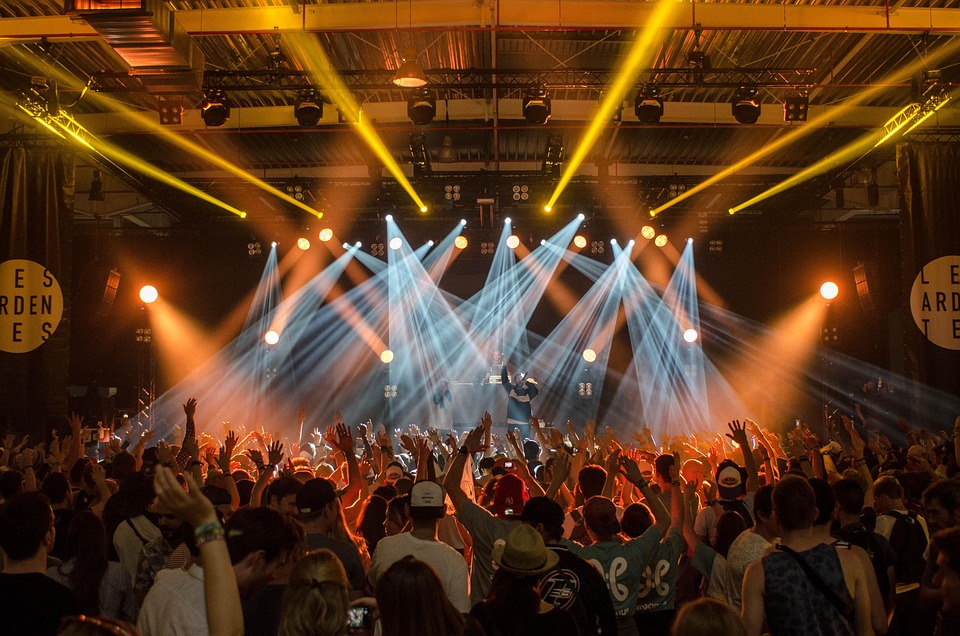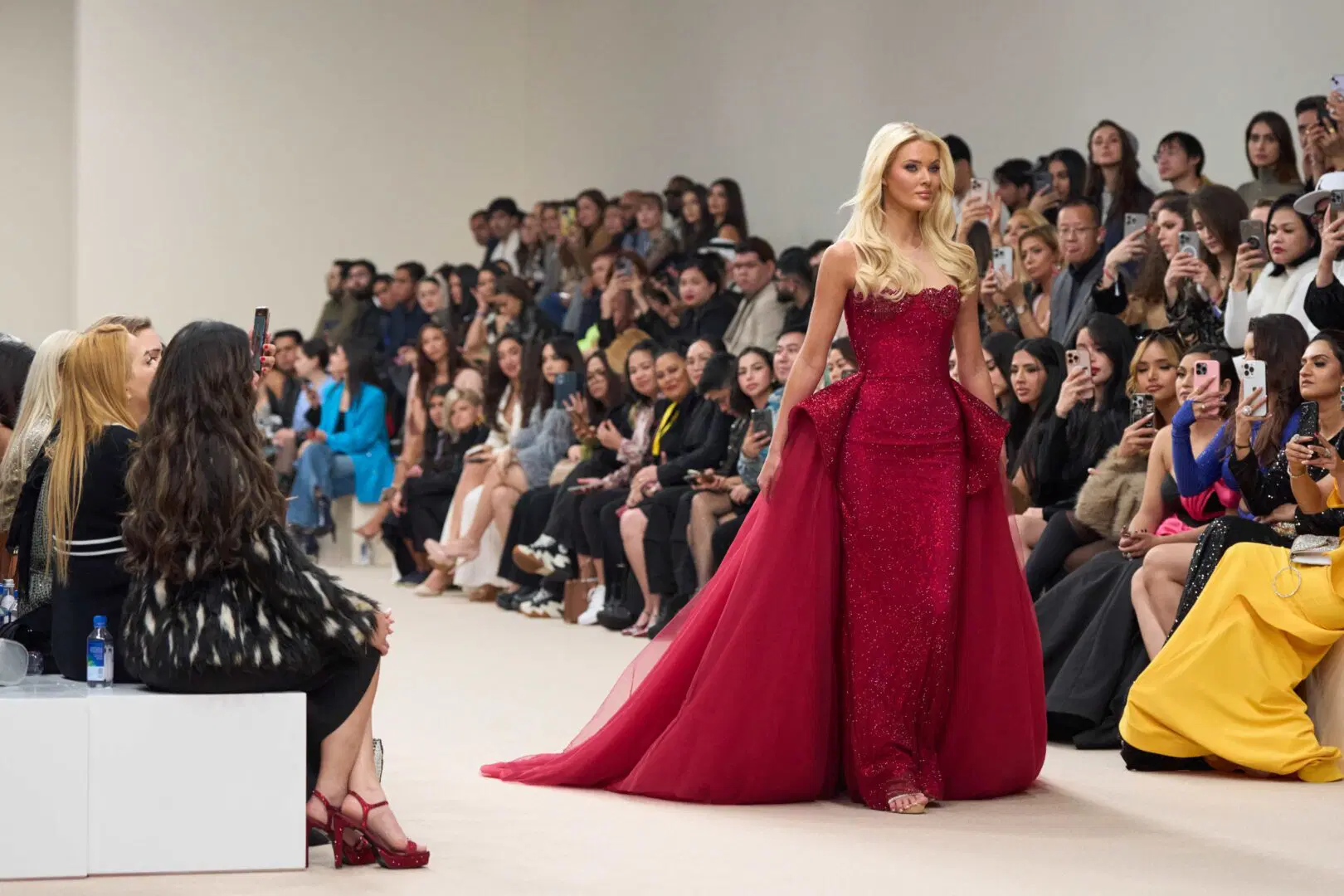Fashion is more than just clothing — it’s an art form, a cultural expression, and a mirror of society. One of the best ways to dive deep into this dynamic world is through fashion exhibitions. These events provide a unique opportunity to explore fashion beyond the runway, showcasing the craftsmanship, history, and creativity behind iconic designs.
In this blog post, we’ll cover everything you need to know about fashion exhibitions—from what they are, the types you can find, their significance, to the benefits of attending them. Whether you’re a fashion student, a style enthusiast, or just curious, this guide will help you appreciate fashion exhibitions as powerful storytelling platforms.
What Are Fashion Exhibitions?
Defining Fashion Exhibitions
Fashion exhibitions are curated displays or events that showcase garments, accessories, textiles, and other fashion-related artifacts. Unlike typical fashion shows designed to sell new collections, exhibitions focus on education, culture, and storytelling. They take place in museums, galleries, fashion weeks, and sometimes in pop-up spaces or cultural institutions.
The goal is to present fashion as a form of art and cultural heritage, often highlighting designers, fashion eras, movements, or social issues. Through careful curation, these exhibitions weave narratives that connect visitors emotionally and intellectually to fashion’s rich tapestry.
A Brief History of Fashion Exhibitions
Fashion exhibitions have been part of museum culture for over a century. Early exhibitions mainly focused on preserving historic costumes and traditional attire. Over time, with the rise of fashion as a cultural and commercial force, exhibitions began to explore contemporary designers and trends.
Noteworthy exhibitions such as the Metropolitan Museum of Art’s Costume Institute shows or the Victoria and Albert Museum’s fashion displays have raised the profile of fashion exhibitions globally. Today, these exhibitions are recognized as serious cultural events, blending art, technology, and history.
Types of Fashion Exhibitions

Fashion exhibitions come in various forms, each with its unique focus and appeal.
1. Retrospective Exhibitions
Retrospective exhibitions honor the legacy of iconic designers or brands by showcasing their work over the years. These exhibitions allow visitors to trace the evolution of a designer’s style, craftsmanship, and influence.
Example: Alexander McQueen: Savage Beauty was a groundbreaking retrospective that explored the late designer’s innovative and theatrical work.
2. Thematic Exhibitions
These exhibitions revolve around specific themes or concepts such as sustainability, gender, cultural influences, or technological advances. They often challenge conventional perceptions and provoke deeper thought.
Example: An exhibition exploring fashion and technology might feature smart fabrics, wearable tech, and futuristic designs.
3. Emerging Designer Exhibitions
These focus on showcasing new talents and experimental fashion. They provide a platform for emerging designers to present their creative visions to wider audiences, often predicting future trends.
Why Fashion Exhibitions Matter
Fashion exhibitions are vital cultural events that serve several important purposes.
Fashion as a Cultural Artifact
Clothing and accessories reflect social identity, history, and cultural shifts. Exhibitions preserve these artifacts, helping people understand how fashion shapes and is shaped by society. For instance, traditional garments can tell stories of heritage, while avant-garde designs might reflect political or social movements.
Education and Awareness
Exhibitions educate the public on the complexities behind fashion—from the painstaking craftsmanship to the socio-political contexts of styles. They foster awareness of issues like sustainability, ethical production, and the global impact of fashion.
Inspiration for Creativity and Innovation
For designers, artists, and students, exhibitions are a treasure trove of inspiration. They showcase cutting-edge techniques, bold designs, and creative ideas that can influence future work.
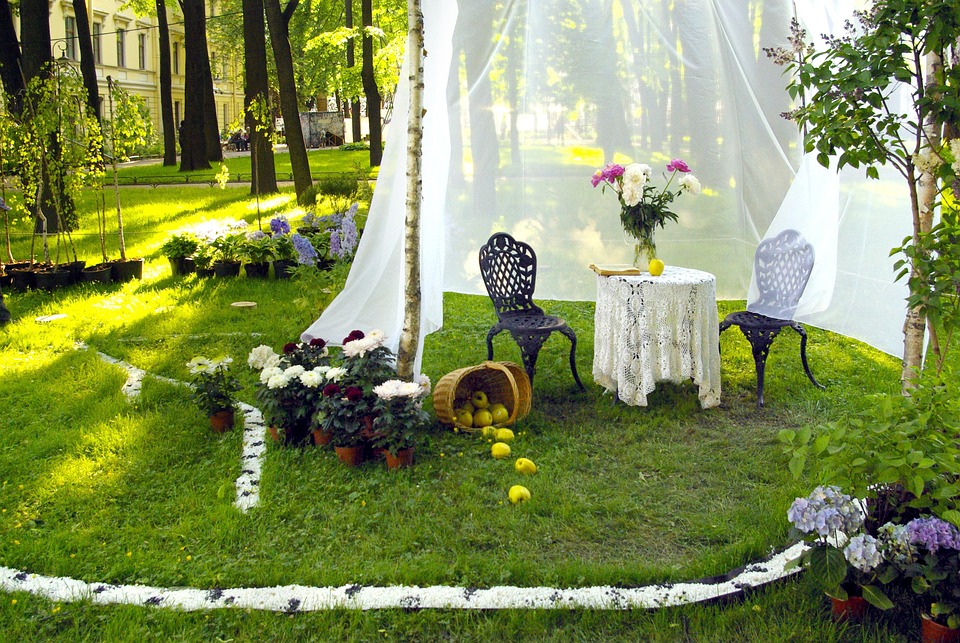
Benefits of Attending Fashion Exhibitions
1. Gain Deeper Fashion Knowledge
Seeing garments up close offers an appreciation for materials, construction, and design that photos or videos cannot provide. Learning about a designer’s creative journey or the historical context of a piece enhances your understanding of fashion.
2. Experience Fashion as Art
Exhibitions highlight the artistic elements of fashion, from intricate embroidery to sculptural silhouettes. This transforms how you view clothing—from mere utility to powerful creative expression.
3. Discover Emerging Designers and Trends
Many exhibitions spotlight new designers and experimental fashion, giving you a front-row seat to the future of style.
4. Network With Fashion Enthusiasts and Professionals
Fashion exhibitions attract diverse crowds, including creatives, students, industry professionals, and journalists. This creates opportunities to connect, collaborate, and learn from others.
5. Support Sustainable and Ethical Fashion
Exhibitions focused on sustainability encourage mindful consumption and support brands committed to ethical practices.
How to Make the Most of Your Fashion Exhibition Visit
Research Before You Go
Understanding the exhibition’s theme, featured designers, and key pieces will deepen your experience. Visit the official website or read reviews to prepare.
Take Your Time and Observe Closely
Fashion exhibitions often include detailed labels, videos, and multimedia that enrich the story. Don’t rush; absorb the details and let the craftsmanship impress you.
Participate in Related Events
Many exhibitions offer workshops, panel talks, or guided tours. These enhance your understanding and provide interactive learning opportunities.
Document Your Experience
If allowed, take photos or notes to remember standout pieces or ideas. This helps in sharing your experience or reflecting on what inspired you.
Iconic Fashion Exhibitions to Know
The Met Gala and Costume Institute Exhibitions
The Met Gala in New York is synonymous with fashion exhibitions. Every year, it launches a themed exhibition that becomes a cultural event, attracting celebrities and designers alike.
Victoria and Albert Museum, London
The V&A is renowned for its extensive fashion exhibitions that blend history and contemporary design, often pushing creative boundaries.
Museum at the Fashion Institute of Technology (FIT), New York
FIT’s museum regularly showcases exhibitions that highlight innovation, cultural impact, and emerging talent in fashion.
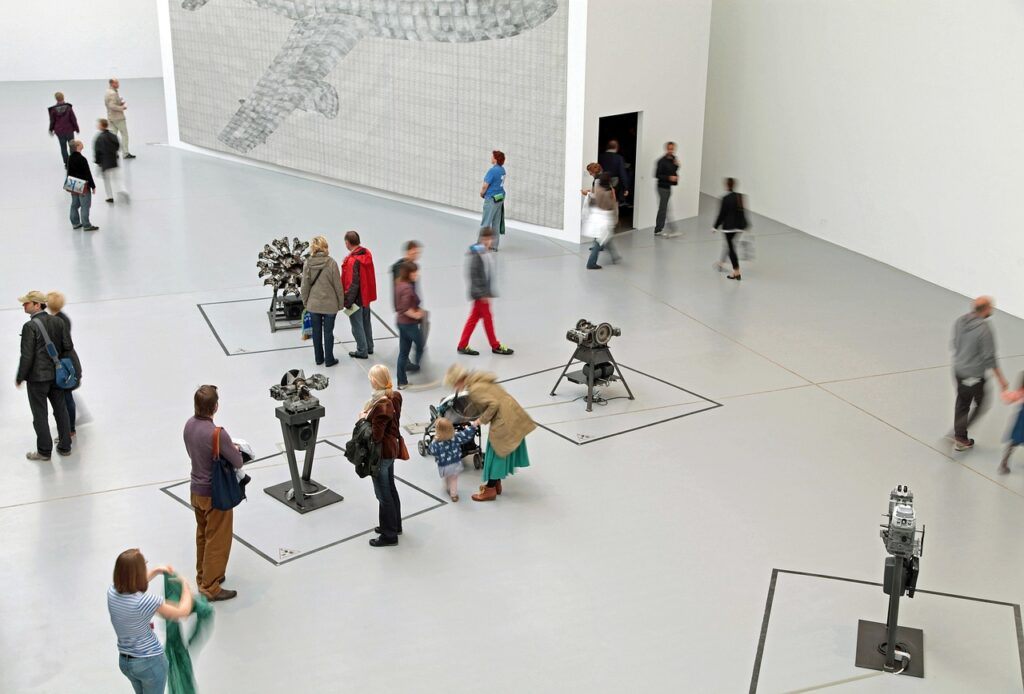
The Future of Fashion Exhibitions
Integration of Technology
Virtual reality (VR), augmented reality (AR), and digital displays are revolutionizing exhibitions. They offer immersive experiences that make fashion accessible globally, breaking geographical barriers.
Emphasis on Sustainability and Diversity
As fashion grapples with environmental and social challenges, exhibitions increasingly focus on these themes. Showcasing sustainable design, diverse cultural voices, and inclusive narratives is becoming the new norm.
Conclusion
Fashion exhibitions are essential platforms that celebrate the artistry, culture, and innovation of fashion. They allow us to see beyond trends and understand fashion’s deep social, historical, and creative roots. Whether you attend a grand museum event or a small emerging designer showcase, these exhibitions enrich your appreciation for fashion as an art form and cultural phenomenon.
If you want to experience fashion in its most inspiring form, visiting a fashion exhibition should be on your must-do list. You’ll leave with new knowledge, fresh inspiration, and a deeper connection to the world of style.
